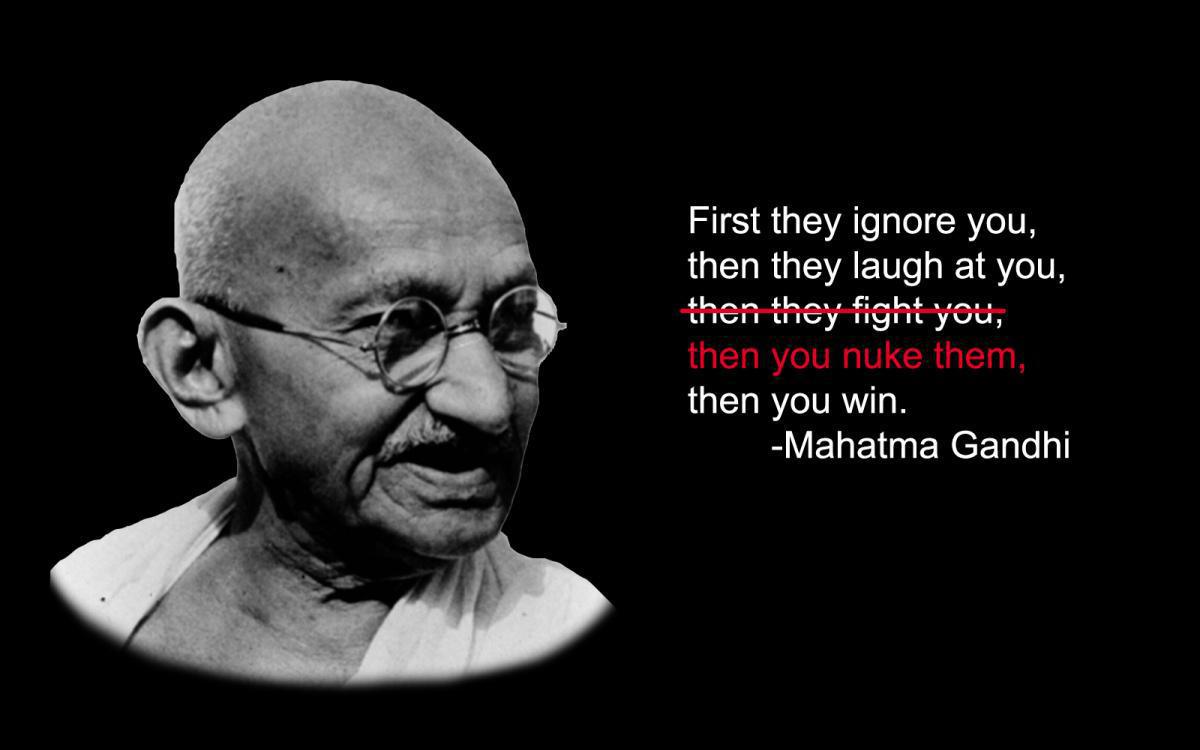Kevin Hodgson, Political memes - 25815559702, CC BY 2.0
In the age of social media, politics is no longer confined to debate halls, newspapers, or televised speeches. Instead, it has spilled into the endlessly scrollable feeds of Facebook, Twitter, Instagram, and TikTok, taking a new form: the political meme. Memes, once the purview of inside jokes and internet humor, have become potent tools of persuasion, satire, and outrage, shaping political opinions in ways traditional media never could. Their appeal lies in brevity and relatability, condensing complex issues into a single, shareable image or phrase.
Political memes work because they speak the language of the internet generation. With a mixture of humor, irony, and visual culture, they bypass traditional gatekeepers of information. A cleverly crafted meme can make a policy critique or a partisan jab instantly understandable and emotionally resonant. In many ways, memes function as a digital shorthand for political discourse, transforming abstract concepts like taxation, climate change, or social justice into digestible, often hilarious, content.
The meme-ification of politics also democratizes commentary. Ordinary citizens, not just journalists or political analysts, can craft content that reaches millions. This has led to a blurring of lines between grassroots activism and professional political messaging. A single viral meme can sway public sentiment, mobilize younger voters, or even embarrass politicians in ways that no press conference could achieve. Yet, this same power can be weaponized, spreading misinformation or reinforcing echo chambers where nuance is lost.
Partisan polarization is amplified by memes because they often trade in exaggeration and ridicule. Political opponents are reduced to caricatures, and complex policy debates are reframed as battles of personalities rather than ideas. The simplicity that makes memes effective also makes them dangerous: they encourage rapid judgments and emotional reactions over thoughtful consideration. In extreme cases, memes can escalate into coordinated campaigns of harassment or disinformation, distorting democratic processes.
However, memes also have the capacity to engage those who might otherwise avoid politics. For younger generations, encountering a meme about voting rights or healthcare can be a first step toward broader civic engagement. Humor serves as an entry point, making political conversations feel less intimidating and more approachable. In this sense, memes can act as a cultural bridge, connecting digital natives to issues that impact their lives.
Politicians themselves have adapted to this new reality. Some embrace memes, sharing humorous content to humanize their image or connect with younger audiences. Others attempt to weaponize them, producing slickly edited videos and shareable graphics to attack opponents or amplify their platforms. The line between genuine expression and political marketing is increasingly blurry, raising questions about authenticity and manipulation in the digital political sphere.
Internationally, the meme-ification of politics has crossed borders. Memes about political figures, policies, or movements travel across languages and cultures, influencing global perceptions of events and leaders. They create a transnational political culture where local elections, crises, and protests become fodder for global online commentary. This digital globalization of political discourse has profound implications for diplomacy, social movements, and the spread of ideologies.
Yet, the power of political memes comes with responsibility. Creators and consumers alike must be aware of their potential to misinform, inflame, or trivialize serious issues. Media literacy, critical thinking, and an understanding of the nuances behind viral content are more crucial than ever. The challenge lies in balancing humor and engagement with accuracy and empathy, ensuring that memes enrich political discourse rather than degrade it.
Ultimately, the meme-ification of politics reflects a broader shift in how we communicate, consume information, and participate in civic life. Memes are more than jokes; they are symbols of cultural values, generational perspectives, and collective anxieties. While they simplify the complexity of governance, they also open avenues for dialogue, connection, and activism, transforming the political landscape into a platform as participatory as it is performative.


